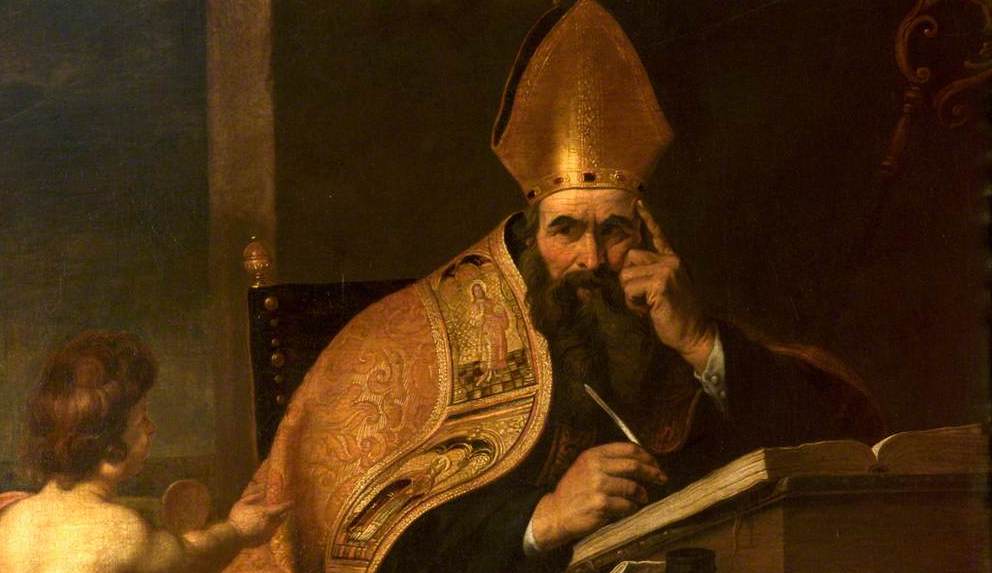In a recent essay, “Liberalism, the American Right, and the Place of Love in Politics,” Jake Meador attempts to move beyond the terms of the recent, ostensibly existential, debate within American conservatism. The opposition between libertarian proceduralism — represented by David French — and authoritarian integralism — represented by Sohrab Ahmari and Adrian Vermeule — is assessed by Meador as merely a new, and significantly devolved, iteration of a larger, decades-long debate within conservatism.
Login to read more
Sign in or create a free account to access Subscriber-only content.
